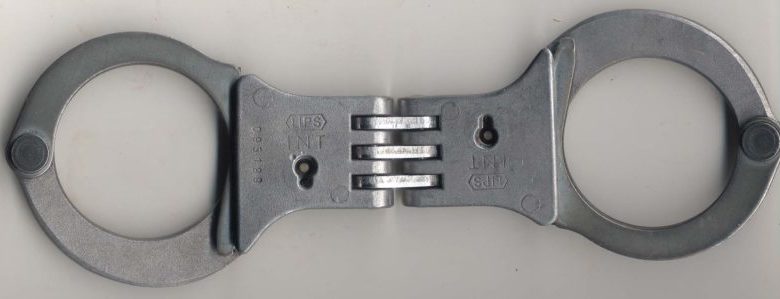When Can Someone be Held in Police Custody for Over 24 Hours?

The killing of Rongo-University student Sharon Otieno has raised a lot of public interest. Beyond the public outcry for the perpetrators to be charged and punished, there are legal questions on the process of investigations and arrests. On November 16, Governor Obado of Migori was released again after repeyted police custody. And earlier, a key suspect for the murder, Mr. Michael Oyamo, was released by the Homa Bay high court. But thereafter he was rearrested and the High Court in Kisumu denied him bail
So, how could one court say the prosecution did not have enough compelling reasons for the suspect to be denied bail whereas another court came to a different conclusion? What are the legal rules that led to the differing decisions?
Conditions for being held
Some answers we find in Article 49 of the Kenyan Constitution. It makes it a rule that a suspect can only be arrested for 24 hours. If the twenty-four hour period ends outside of the ordinary court hours or on a day outside the ordinary court days, the arrested has the right to be produced to court before the end of the next court day. Only if the prosecution cites “compelling reasons” that the suspect should not be released, he or she can be denied to be released “on bond or bail, on reasonable conditions, pending a charge or trial.” All this is clearly spelt out in the Constitution article 49 (1) (f) and (h), fully cited underneath.
What are Compelling Reasons for Bail?
It is the role of the court to access whether the reasons presented by the prosecution are compelling enough to deny bail. In cases which have already been decided, these reasons are cited. In Republic V Mgunya & Another [2011] 2 Ea 36,(http://kenyalaw.org/caselaw/cases/view/149711/) the court names the following compelling reasons:
- the nature of charge,
- the strength of the evidence which supports the charge,
- the gravity of the punishment in the event of conviction,
- the previous criminal record of the accused if any,
- the probability that the accused may not surrender himself for trial.
- the likelihood of the accused interfering with witnesses or
- that he may suppress any evidence such as incriminating him,
- the likelihood of further charges being brought against the accused,
- the probability of a finding of guilt,
- the detention for the protection of the accused, or
- the necessity to procure a medical or social report pending the disposal of the case.
Furthermore, as illustrated in Republic V Kimunya (http://kenyalaw.org/caselaw/cases/view/73972) the court will consider
- the accused person’s own safety, security and protection, plus:
- if the accused person is likely to pose public danger by being released on bail,
- if public confidence in the administration of justice would be diminished by releasing the accused on bail ,
- the character antecedents, associations and community ties of the accused person.
Pending investigations are themselves NOT sufficient reasons to deny an accused person the constitutional right to bail.
Caselaw makes the Rules
The above criteria are guided by caselaw, meaning that the rules are being developed and refined through different court cases that are decided over time. There is no strict rule as to for how long the right to bail can be denied.
More Details for Bails and Bonds
For bails and bonds, the judiciary has developed Bail and Bond Policy Guidelines in 2016 to give direction to the administration of bail and bond at the police stations and in the courts and to reduce disparities and introduce a criterion in bail and bond terms across the country.
by Jennifer Githu,
consulting: Steve Ogolla
Links:
Bail and Bond Guidelines of the Kenyan Judiciary (pdf file)